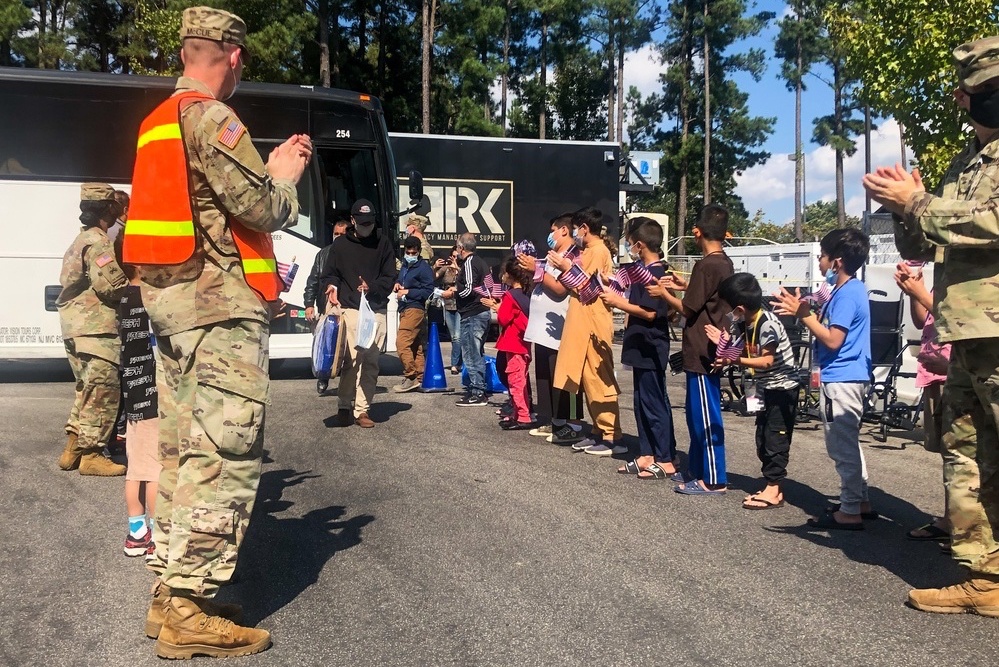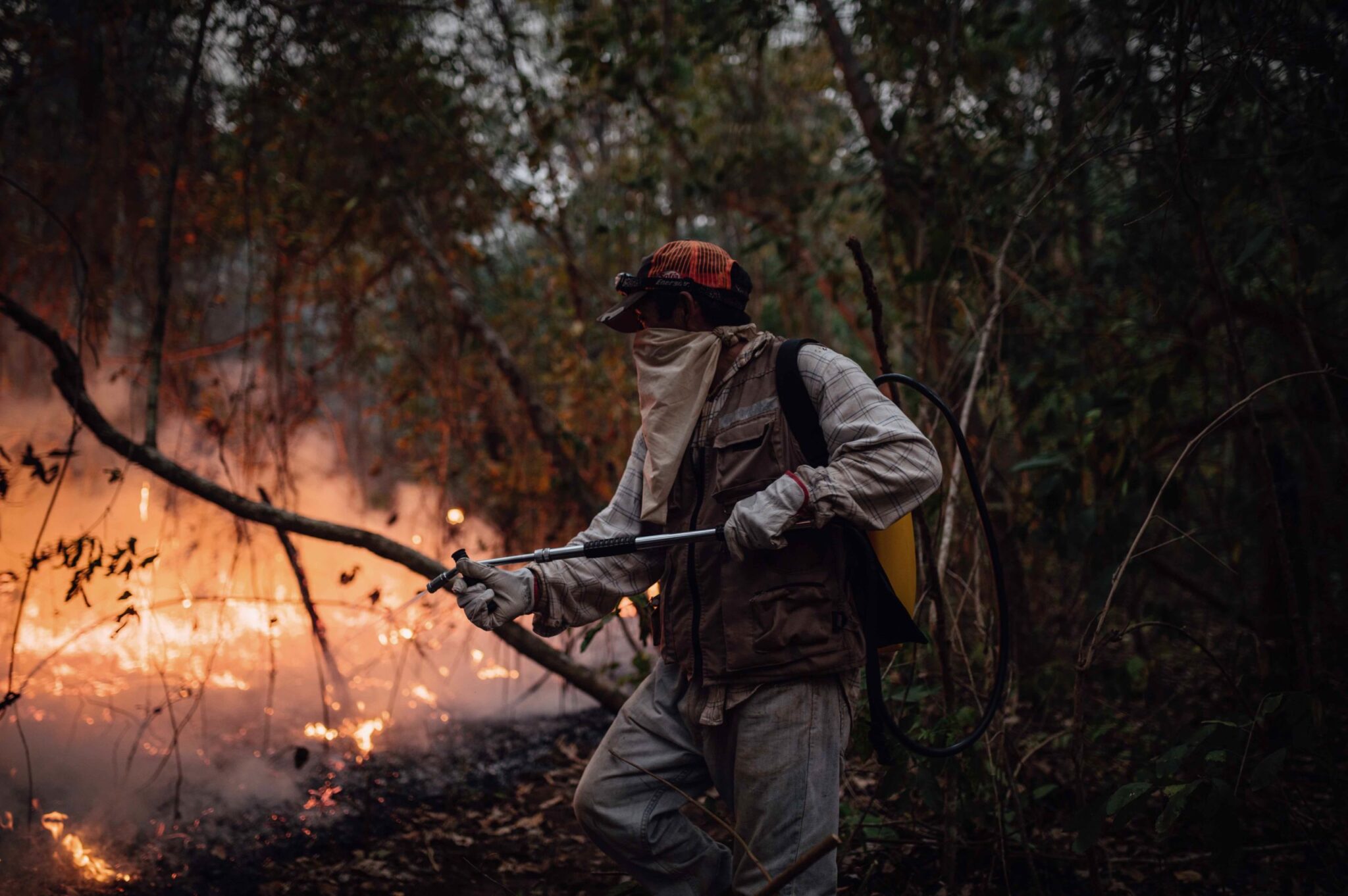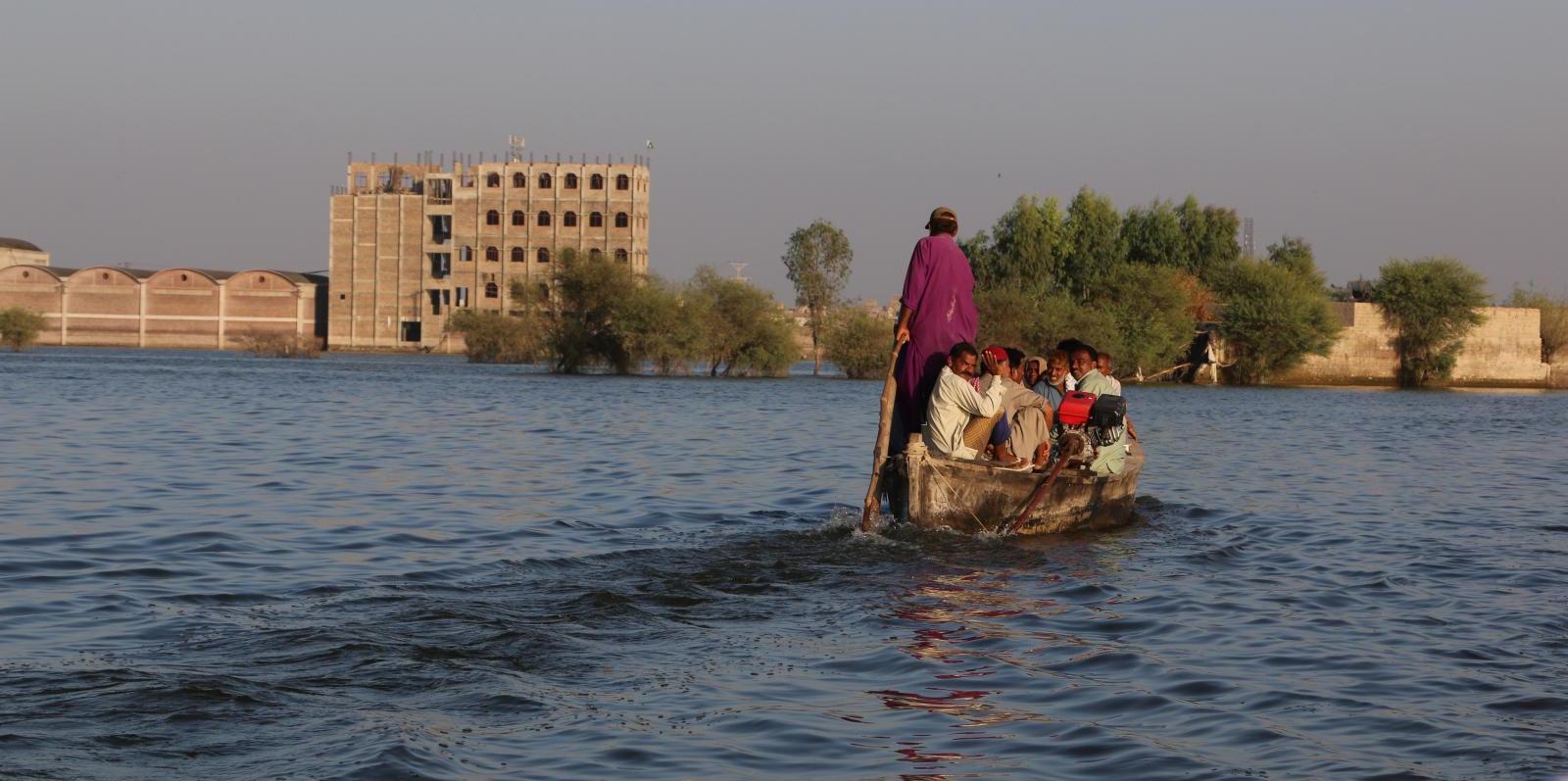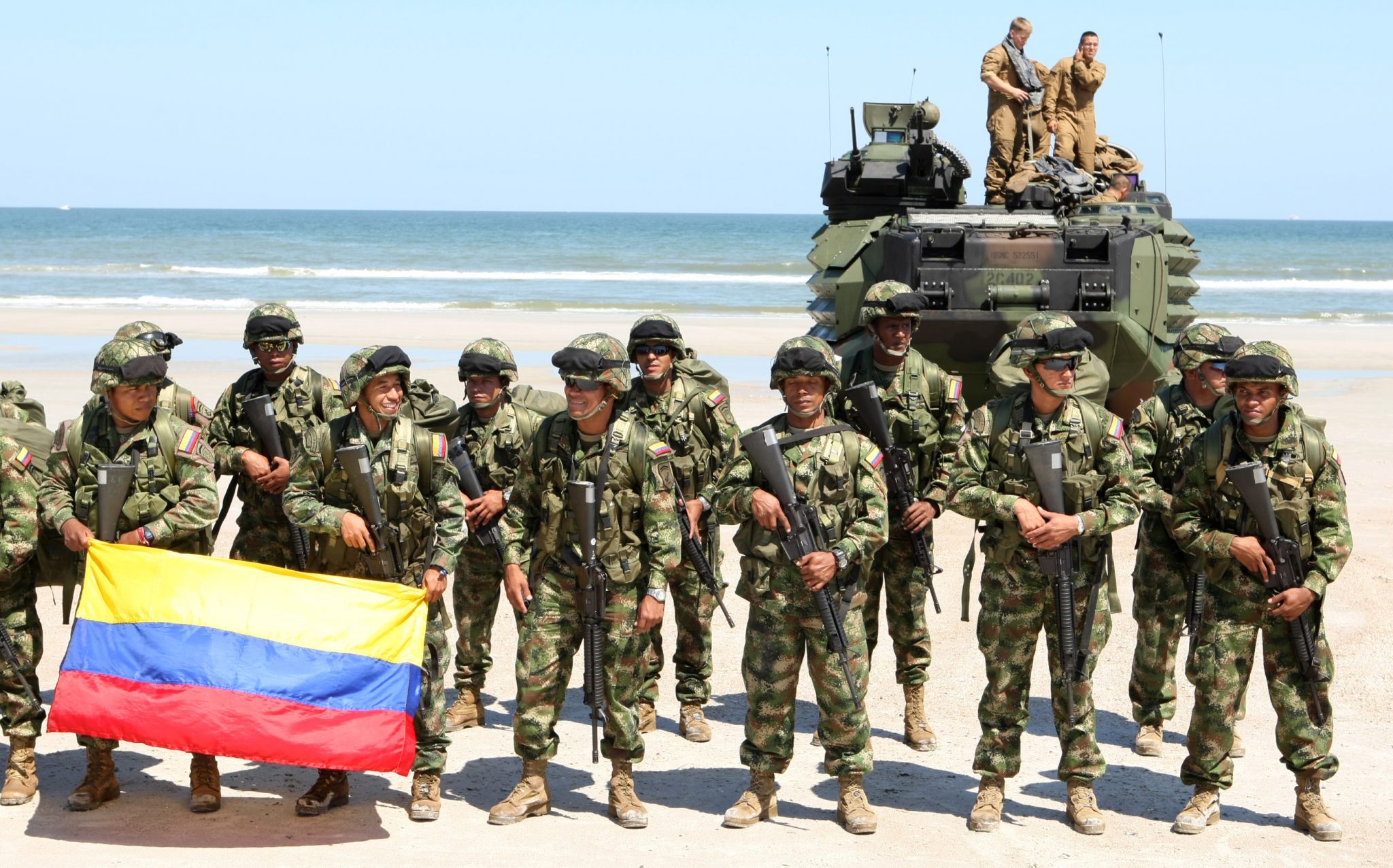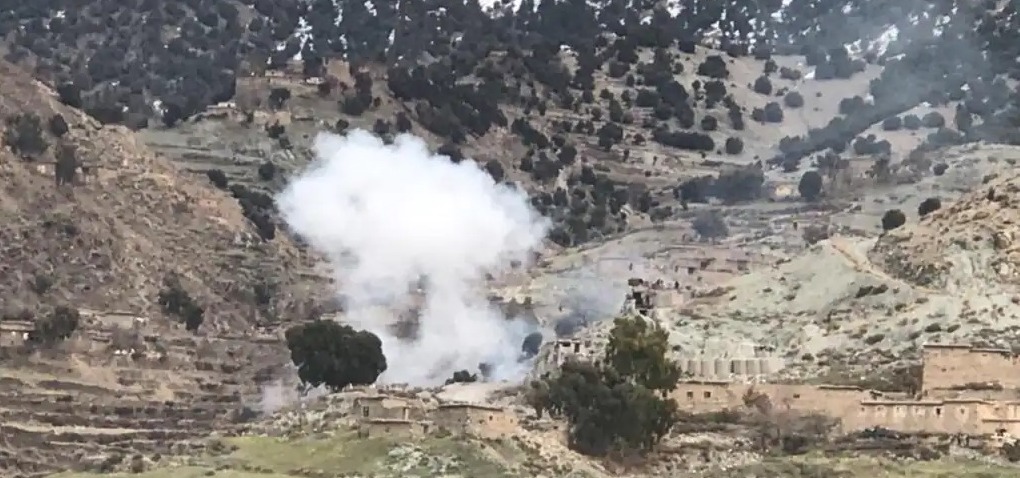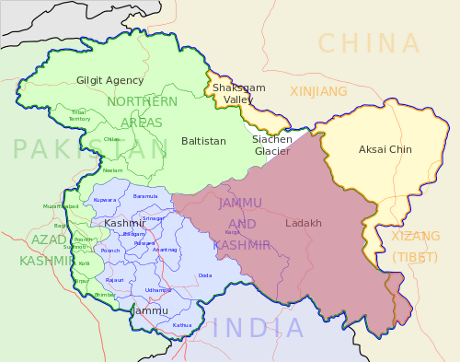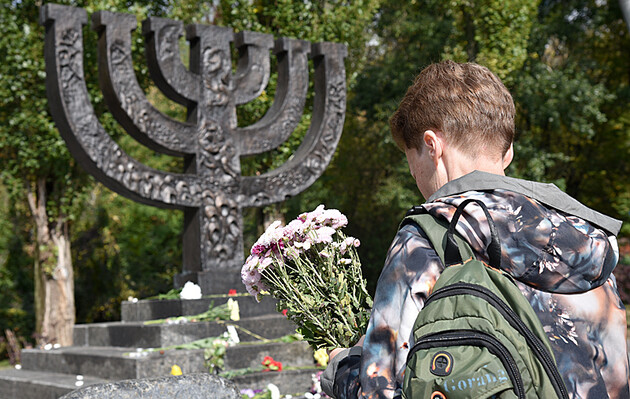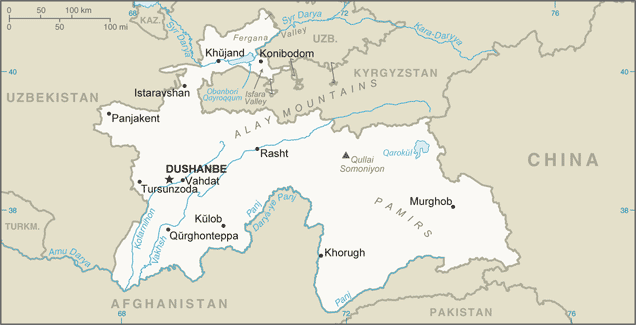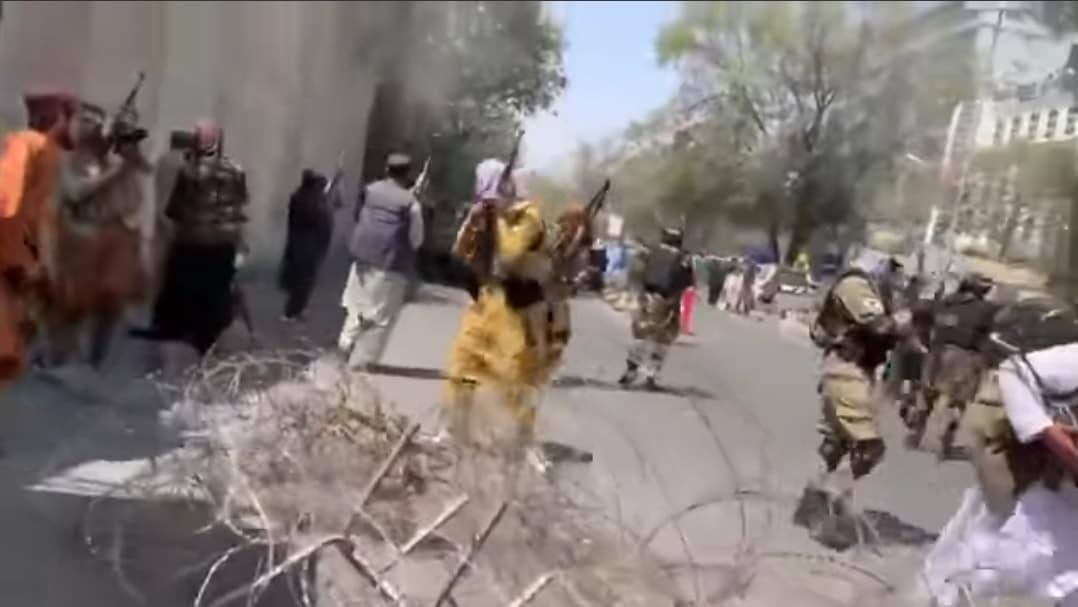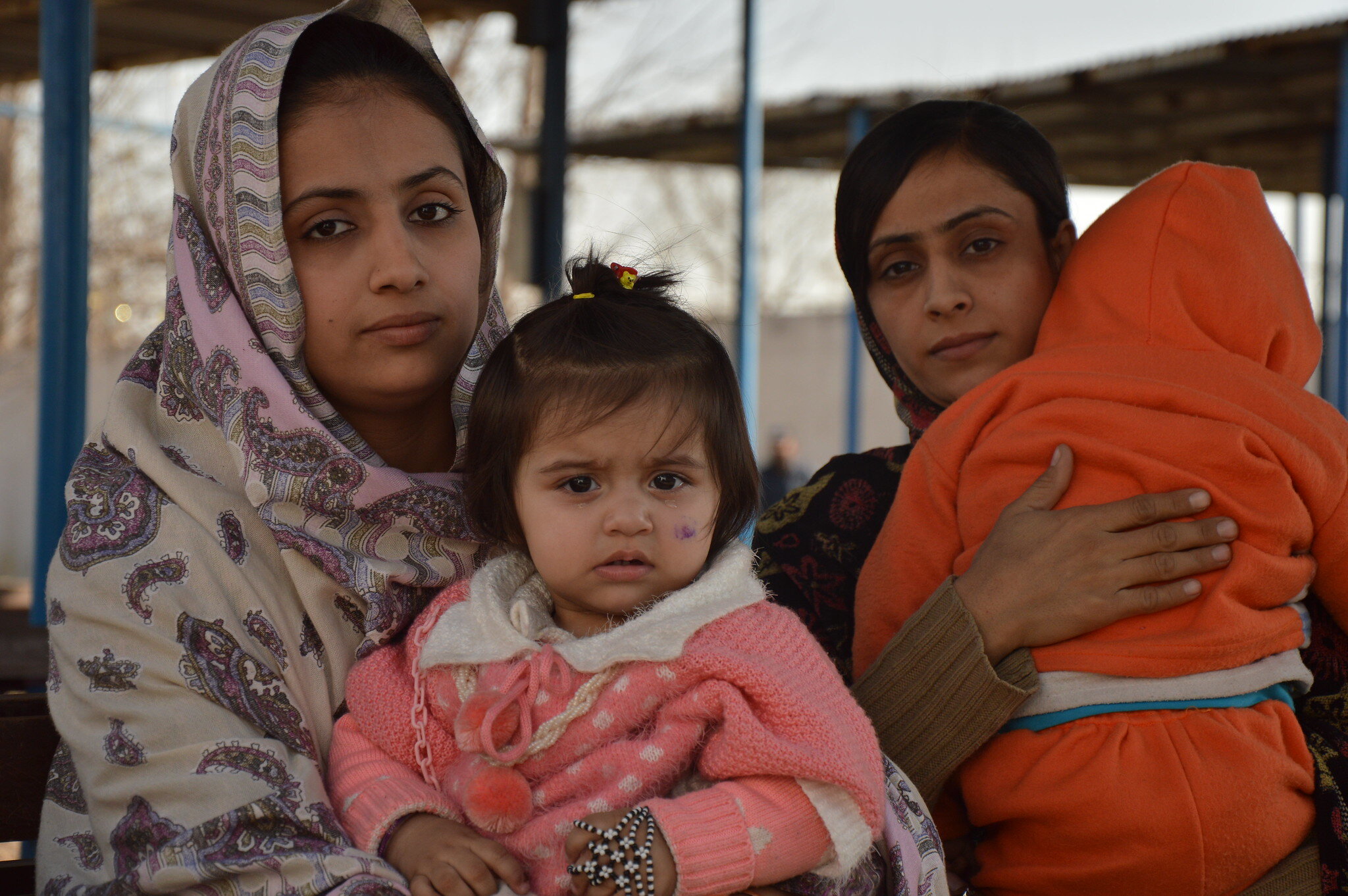
Pakistan steps up crackdown on Afghan refugees
Despite worsening economic and humanitarian situation in Afghanistan, the Pakistani government is intensifying its crackdown on Afghan refugees, adding new movement restrictions on top of a wave of detentions and deportations. In recent months, thousands of Afghan refugees, including women and children, have been rounded up and imprisoned for overstaying their visas or lacking adequate documentation. More than 1,000 are currently imprisoned and at least three have died in custody in as many months. (Photo: ECHO/Pierre Prakash via Religion Unplugged)



